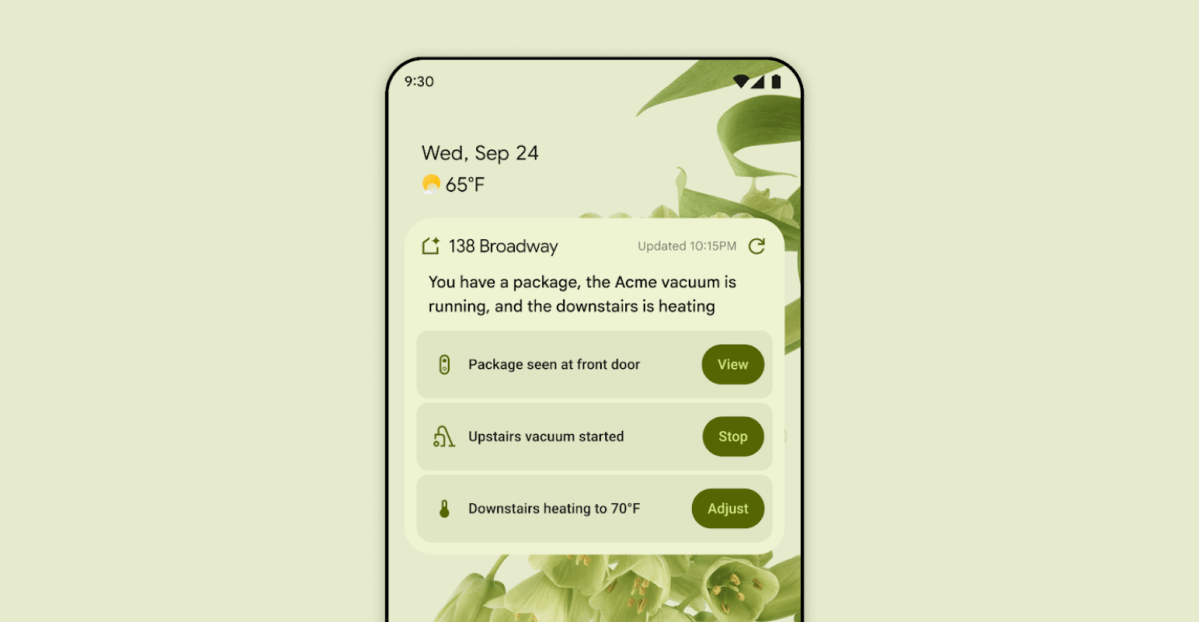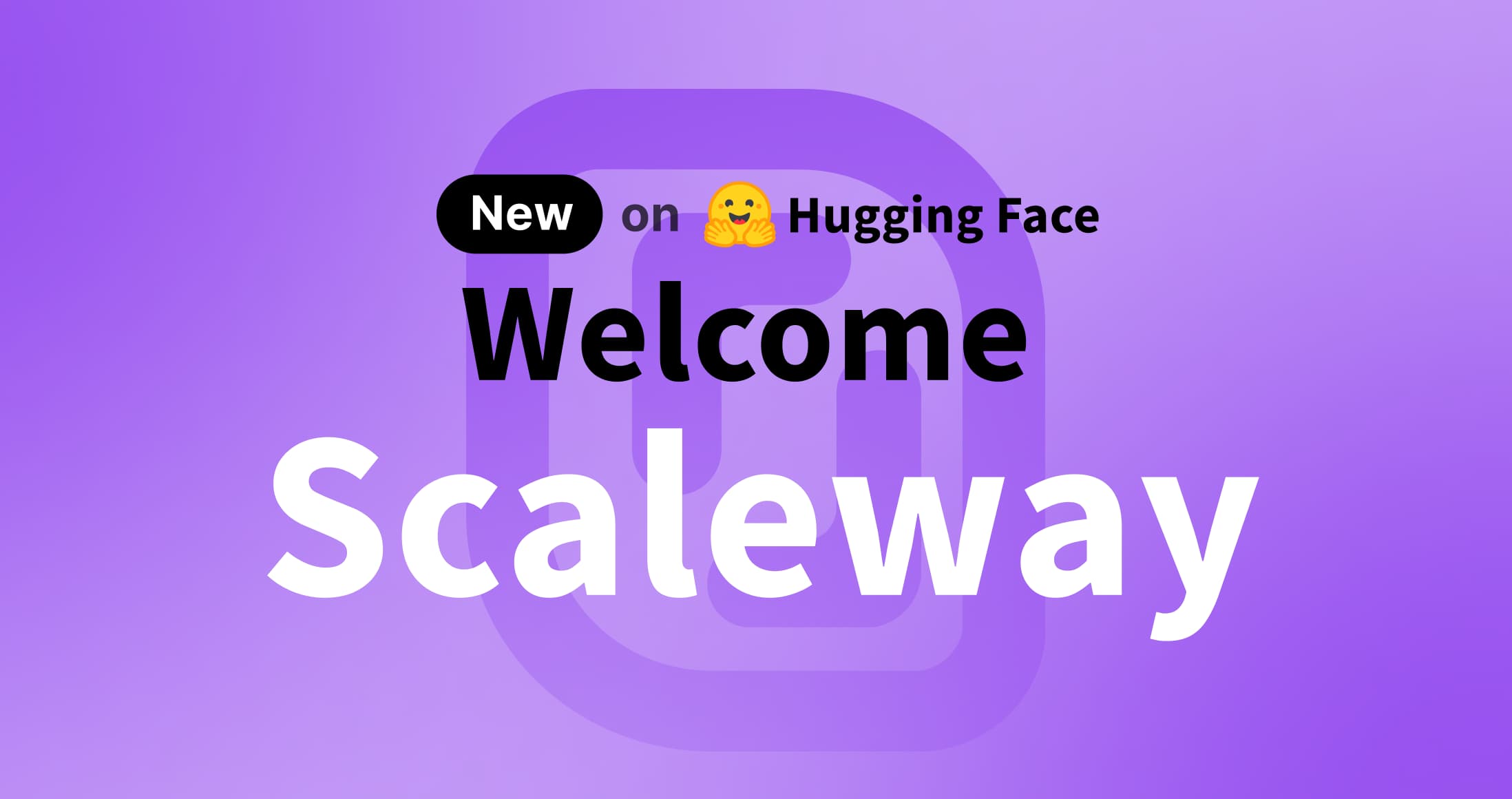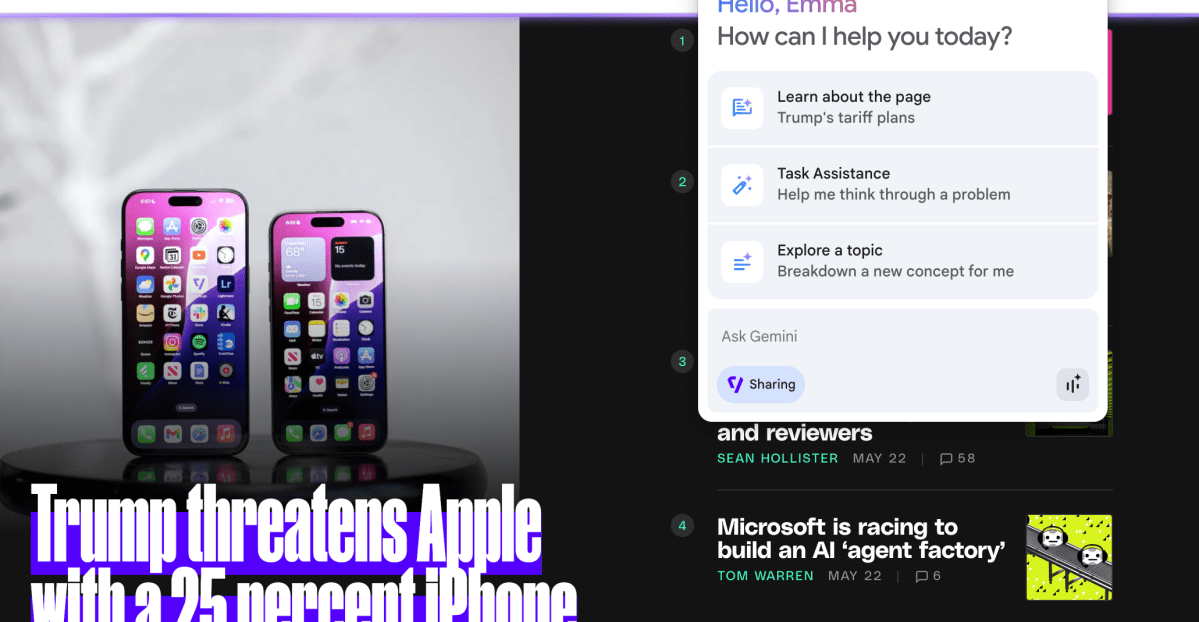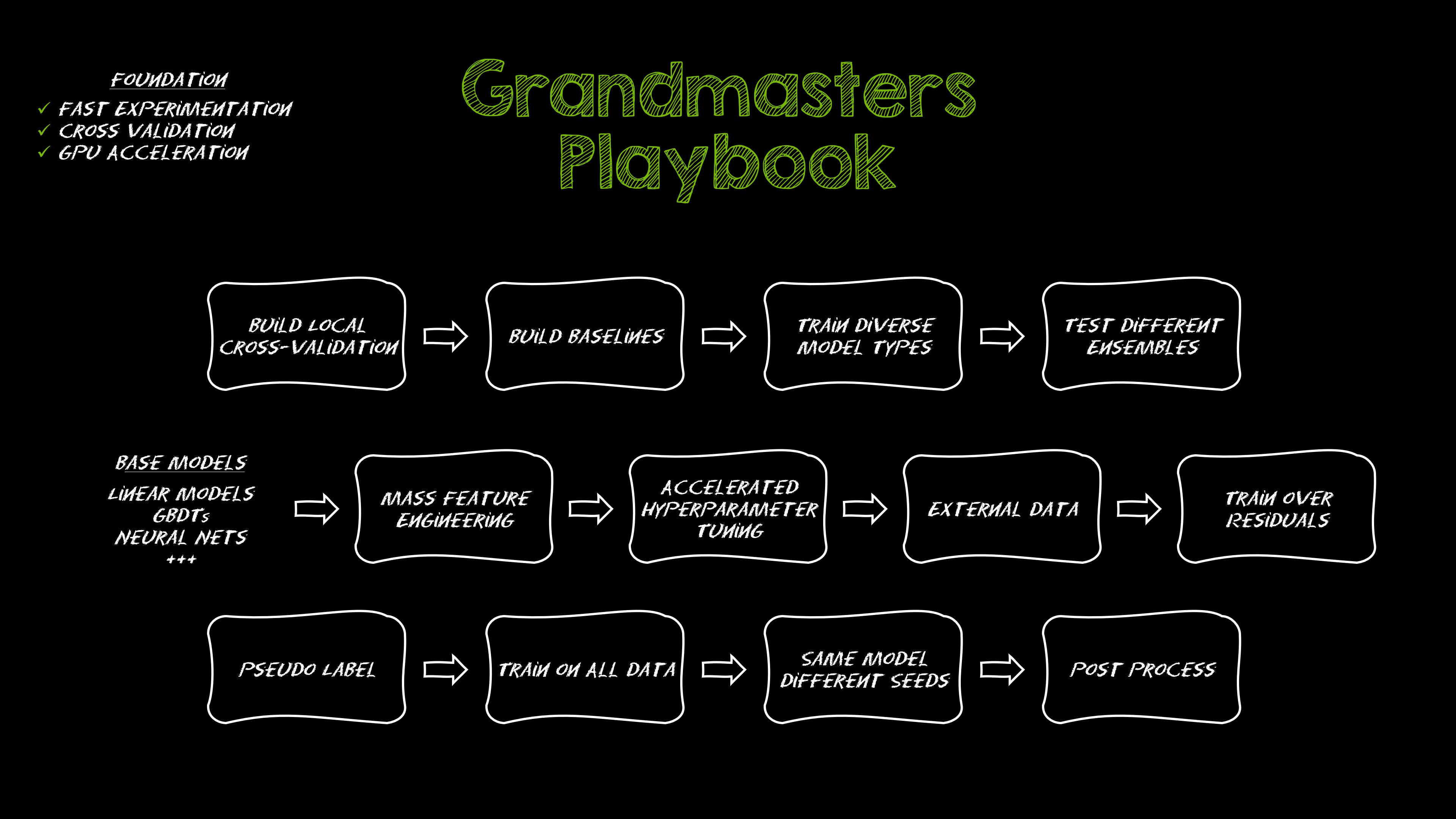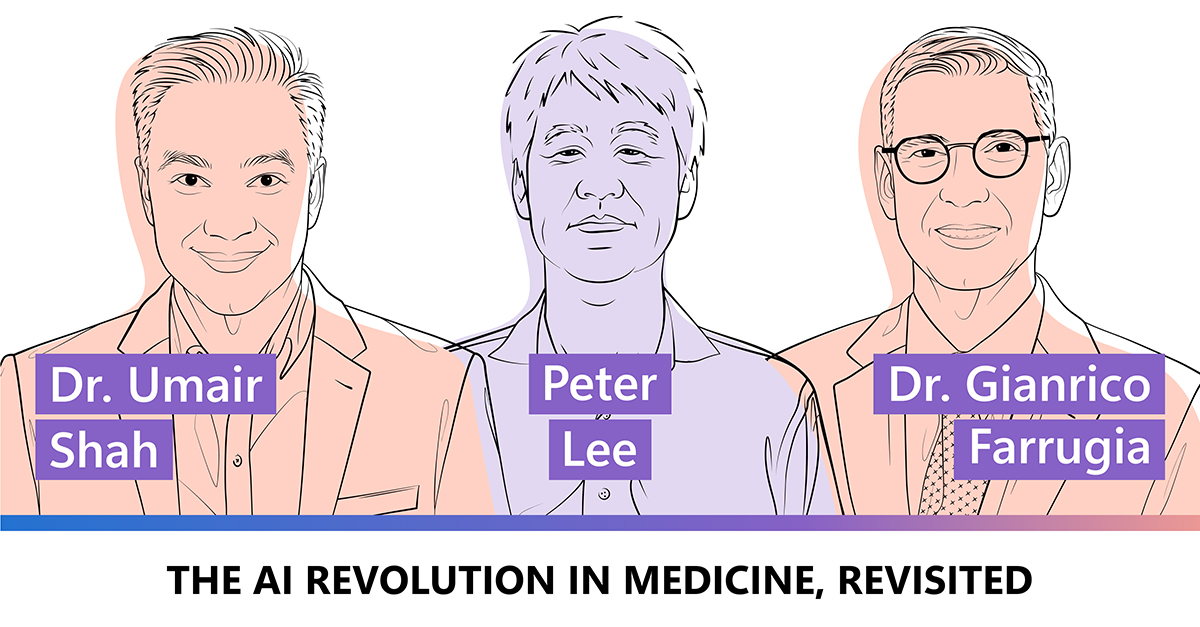
Reimagining healthcare delivery and public health with AI
Sources: https://www.microsoft.com/en-us/research/podcast/reimagining-healthcare-delivery-and-public-health-with-ai, microsoft.com
AI is reshaping the future of healthcare and medical research. In a June 12, 2025 post from Microsoft Research, former Washington State Secretary of Health Dr. Umair Shah and Mayo Clinic CEO Dr. Gianrico Farrugia explore how healthcare leaders are approaching artificial intelligence across key domains: public health, care delivery, the healthcare-research connection, and the patient experience. The discussion highlights leadership perspectives on AI adoption in health systems and the potential to align technology with systemic health goals. For a direct source of reference, see the Microsoft Research podcast page linked below.
TL;DR
- AI is reshaping the future of healthcare and medical research.
- The discussion features Dr. Umair Shah and Dr. Gianrico Farrugia.
- Topics include public health, care delivery, the healthcare-research connection, and the patient experience.
- Date: June 12, 2025; hosted by Microsoft Research.
- The talk emphasizes leadership perspectives on AI adoption in health systems.
Context and background
The post centers on how artificial intelligence intersects with health at multiple levels. It brings together perspectives from two influential leaders in health care: Dr. Umair Shah, formerly the Washington State Secretary of Health, and Dr. Gianrico Farrugia, the CEO of Mayo Clinic. The conversation frames AI as a strategic tool capable of influencing public health initiatives, patient care pathways, and the relationship between health research and clinical practice. While the excerpt provided does not enumerate technical implementations, it sets the stage for a leadership-focused examination of AI’s role in transforming health systems. The discussion aligns with a broader interest within the research community and health institutions in understanding how AI can support decision making, improve patient experiences, and strengthen the link between research evidence and care delivery. The Microsoft Research podcast page serves as the primary reference for the formal context of this exchange.
What’s new
The June 12, 2025 post presents fresh leadership viewpoints on how AI is being considered across core health domains. Rather than detailing specific algorithms or case studies, the conversation emphasizes strategic approaches that leaders may adopt when integrating AI into public health work, care delivery processes, and research-to-practice translation. This reflects an ongoing, high-level dialogue within Microsoft Research about AI’s evolving role in healthcare. What is new, in essence, is the framing: AI is discussed as a tool whose adoption depends on leadership perspectives, alignment with patient experience goals, and the connection between health science and clinical practice. The content invites readers to contemplate how executive-level thinking shapes the trajectory of AI in health systems.
Why it matters (impact for developers/enterprises)
For developers, vendors, and health enterprises, the talk provides a leadership-oriented lens on AI strategy. It underscores the importance of considering how AI can influence public health outcomes, streamline or redesign care delivery, and strengthen ties between research findings and clinical implementation. While the source excerpt does not go into technical blueprints, the emphasis on leadership and high-level themes offers guidance for aligning AI initiatives with the broader objectives of health systems and patient care. Health systems exploring AI initiatives can use these perspectives to frame governance, risk assessment, and portfolio prioritization at a strategic level. The focus on patient experience signals that technology choices should consider patient-facing outcomes and the quality of interactions between care teams and individuals. Although the excerpt does not provide implementation details, the discussion frames AI adoption as a systemic, leadership-driven process rather than a purely technical upgrade.
Technical details or Implementation (high level)
The provided excerpt concentrates on high-level themes rather than technical specifications. There are no concrete algorithms, data schemas, or integration blueprints described in the source. Instead, the narrative highlights how leaders think about AI in relation to public health, care delivery, and the research-practice continuum. Readers should interpret this section as a framing of strategic considerations for AI in health, with any future technical details likely to appear in additional materials or full podcast episodes.
Key takeaways
- The conversation centers AI’s role across public health, care delivery, research integration, and patient experience.
- Leadership perspectives from Dr. Umair Shah and Dr. Gianrico Farrugia guide how AI adoption is contemplated within health systems.
- The post, dated June 12, 2025, spotlights a leadership-focused view rather than a technical blueprint.
- The content underscores high-level themes about AI in healthcare, with an emphasis on patient experience and the link between research and clinical practice.
- The Microsoft Research podcast page is the primary reference for this exchange.
FAQ
-
Who are the speakers in this discussion?
Dr. Umair Shah, former Washington State Secretary of Health, and Dr. Gianrico Farrugia, Mayo Clinic CEO.
-
What topics does the post cover?
Public health, care delivery, the healthcare-research connection, and the patient experience as they relate to AI.
-
Where can I access more details about the discussion?
On the Microsoft Research podcast page: [https://www.microsoft.com/en-us/research/podcast/reimagining-healthcare-delivery-and-public-health-with-ai](https://www.microsoft.com/en-us/research/podcast/reimagining-healthcare-delivery-and-public-health-with-ai).
-
When was this post published?
June 12, 2025.
References
More news
First look at the Google Home app powered by Gemini
The Verge reports Google is updating the Google Home app to bring Gemini features, including an Ask Home search bar, a redesigned UI, and Gemini-driven controls for the home.
Shadow Leak shows how ChatGPT agents can exfiltrate Gmail data via prompt injection
Security researchers demonstrated a prompt-injection attack called Shadow Leak that leveraged ChatGPT’s Deep Research to covertly extract data from a Gmail inbox. OpenAI patched the flaw; the case highlights risks of agentic AI.
Predict Extreme Weather in Minutes Without a Supercomputer: Huge Ensembles (HENS)
NVIDIA and Berkeley Lab unveil Huge Ensembles (HENS), an open-source AI tool that forecasts low-likelihood, high-impact weather events using 27,000 years of data, with ready-to-run options.
Scaleway Joins Hugging Face Inference Providers for Serverless, Low-Latency Inference
Scaleway is now a supported Inference Provider on the Hugging Face Hub, enabling serverless inference directly on model pages with JS and Python SDKs. Access popular open-weight models and enjoy scalable, low-latency AI workflows.
Google expands Gemini in Chrome with cross-platform rollout and no membership fee
Gemini AI in Chrome gains access to tabs, history, and Google properties, rolling out to Mac and Windows in the US without a fee, and enabling task automation and Workspace integrations.
Kaggle Grandmasters Playbook: 7 Battle-Tested Techniques for Tabular Data Modeling
A detailed look at seven battle-tested techniques used by Kaggle Grandmasters to solve large tabular datasets fast with GPU acceleration, from diversified baselines to advanced ensembling and pseudo-labeling.
